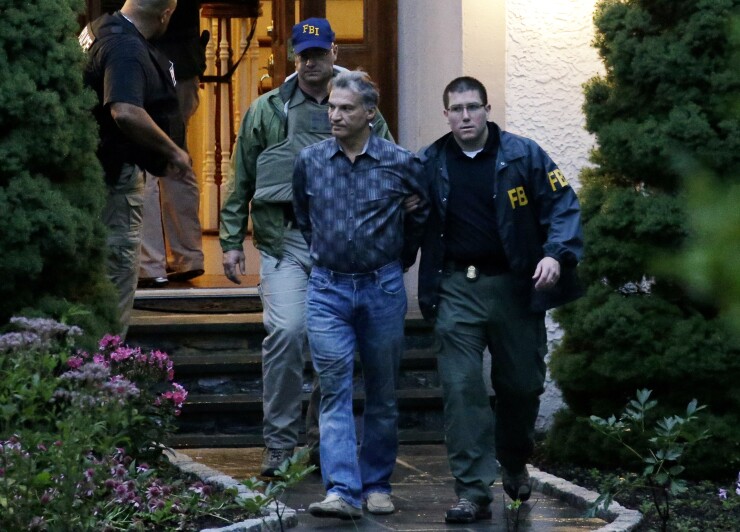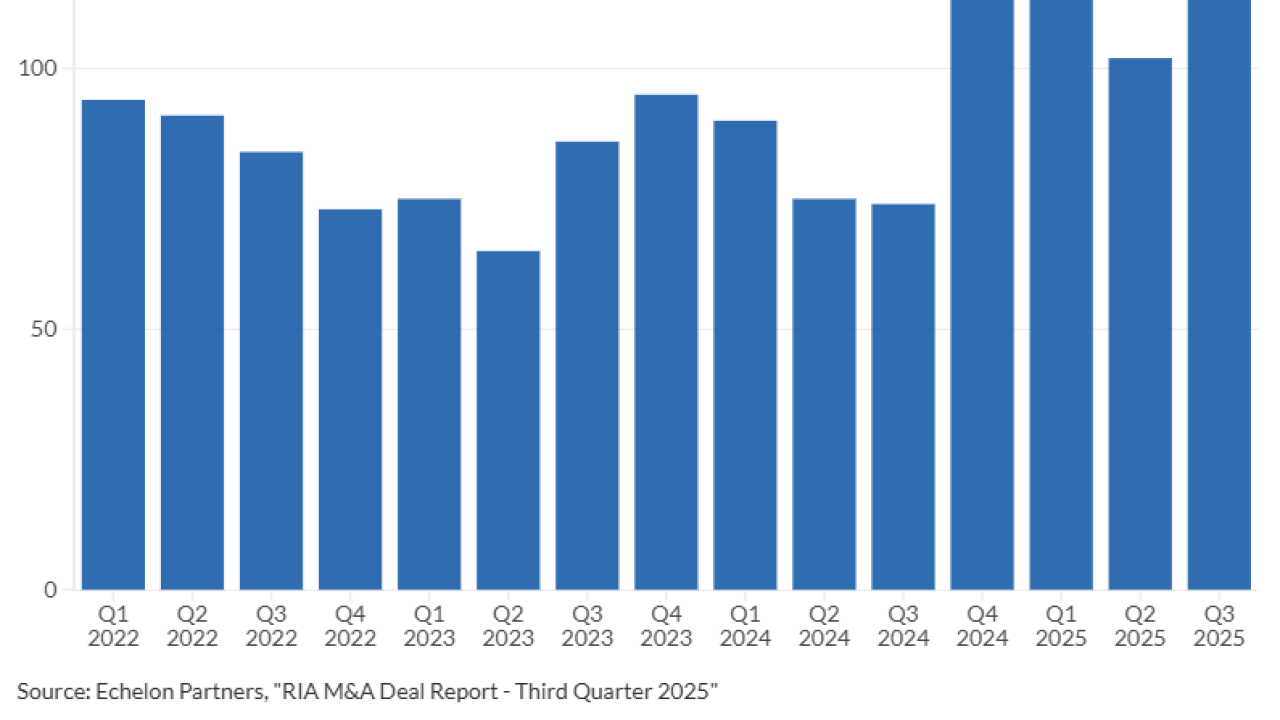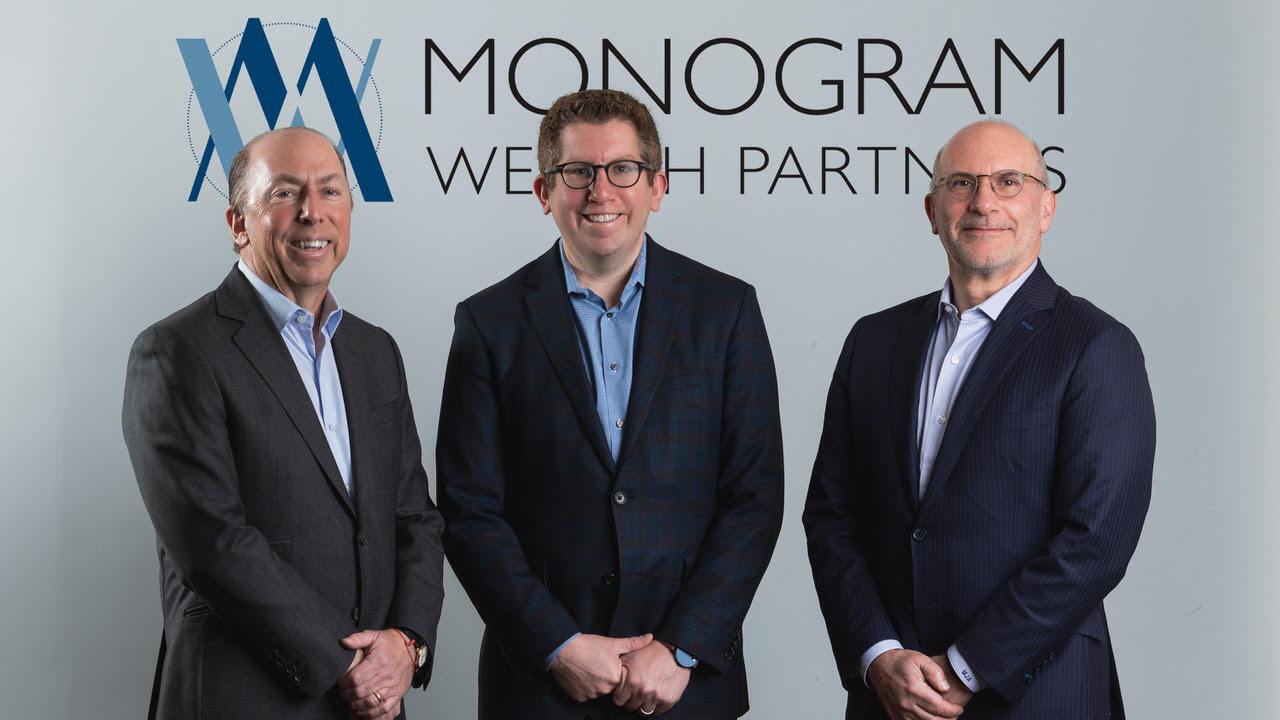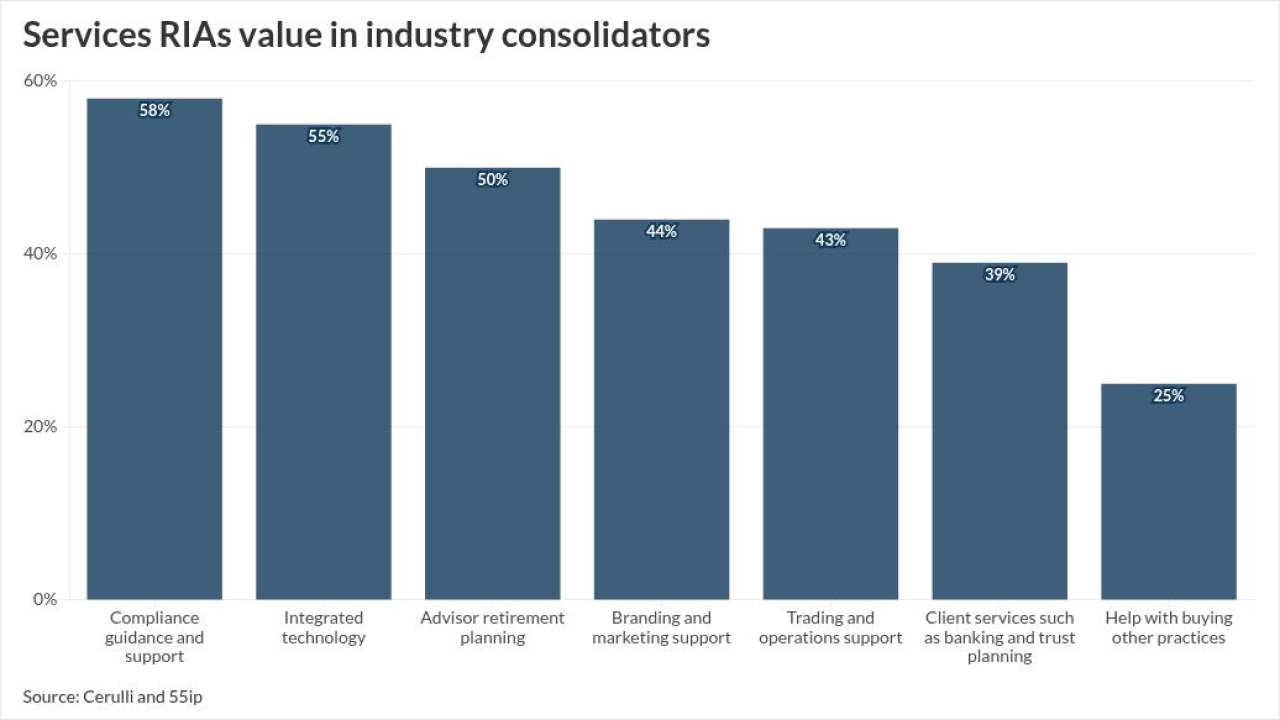A pastor on trial for insider trading was found guilty for his role in an international scam that made him millions of dollars off hacked drafts of company press releases.
Vitaly Korchevsky, a former Morgan Stanley vice president, was convicted of pocketing at least $14 million from 2011 to 2015 by trading securities on information he gleaned from earnings reports and other market-moving announcements stolen by Ukrainian hackers before they were released publicly.
His family broke down in tears as the jury returned the verdict finding him and his co-defendant, Vladislav Khalupsky, guilty of all counts, including conspiracy to commit wire fraud, computer intrusion and money laundering to two securities fraud charges.
"This is a very sad day for Mr. Korchevsky and his family," Korchevsky’s lawyer, Steven Brill, said. "Although we respect the verdict, we disagree with it, and are disappointed. But the fight continues, and we look forward to availing ourselves of all legal options going forward."

Investigators counted hundreds of trades made in Korchevsky’s brokerage accounts in the window after companies uploaded releases into news-wire systems but before the releases were distributed. He also traded in his co-conspirators’ accounts, padding the pockets of father-son duo Arkadiy and Igor Dubovoy, who both pleaded guilty to wire fraud in 2016 and testified for the government at the trial in Brooklyn, New York.
Prosecutors pointed to an email Khalupsky sent himself with an attached pre-distribution press release as evidence of his guilt.
"We’re very disappointed, and we’ll keep fighting," said Mildred Whalen, Khalupsky’s lawyer.
Prosecutors say Korchevsky, a pastor at a Philadelphia-area Slavic Evangelical Baptist Church, played a central part in the scam, which included as many as 10 traders and hackers in the U.S. and Ukraine. The case featured an unusual intersection of securities fraud, cybercrime and religion. The courtroom gallery was filled with Korchevsky’s congregants during closing arguments.
The group made millions of dollars by trading on information about companies including Panera Bread, Caterpillar, Home Depot and Advanced Micro Devices.
The hackers stole as many as 150,000 press releases from organizations such as PR Newswire Association, Marketwired and Business Wire from about 2010 to 2015.
Korchevsky was among the victims of the scam, with his American Dream turning into an “utter nightmare,”
Khalupsky was also taken advantage of by the Dubovoys, Whalen said.
“The evidence in this case is that Mr. Khalupsky is an honest businessman” she told jurors. “Mr. Khalupsky was someone they saw as a chump from the start.”
A financial economist with the SEC testified that Korchevsky’s trading activity changed dramatically in 2011 when he went from losing money on investments to bringing in about $8.5 million. Data from Korchevsky’s accounts in 2009 and 2010 show he lost money but his net profits jumped in 2011 ― when prosecutors say the scam started.
Prosecutors also presented testimony from a Ukrainian businessman who pleaded guilty in the scheme and cooperated with prosecutors. Arkadiy Dubovoy said he orchestrated the ring of traders, hackers and middlemen.





